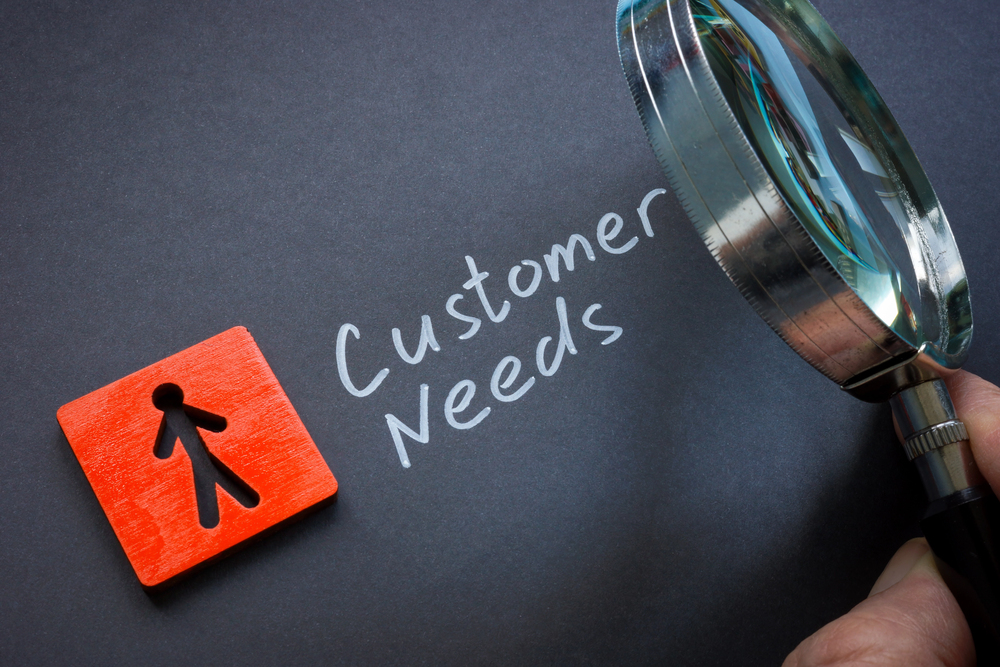The Digital Economy Is Dependent On Data Sharing, Security and Trust
31 Aug 2016

by Richard Cornish, Director of Sales, Europe IoT, Wipro Digital
Christoph Rauscher, Global Strategic Design Director, Designit
Data sharing is described as “the frictionless interaction between suppliers and users on an open platform” by Marshall W Van Alstyne in Platform Revolution. If you ask anyone under the age of 25, they will be able to understand the implicit ‘fair value’ trade of personal data for benefits such as access to a service or a better price. Yet this is only the beginning of a complete shift in exploiting technology to better respond to customer demands in a greatly enhanced way. This can only happen if customers continue to trust the companies offering data-reliant products and services.
Understanding the demand-driven sharing economy
Empowered by digital means, there is a fundamental change in the way the economy operates: the relationship between supply and demand, or to be more accurate demand and supply. Business generates a huge amount of data from technology: devices, networks and applications that are dispersed over customer propositions, business operations and supply chains. These data sets and associated business processes have traditionally been operated in isolation depending on who owns the data or technology, or in a wider sense depending on who believed to “own” the customer. Telco operators once believed that they “owned” their customers and consequently all personal data, but customers saw otherwise, especially with the arrival of other stakeholders such Apple or Google, iOS and a range of OTT players.
The digital economy is based on connecting these data assets and either monetising them or exchanging them with another party for data of a similar value. This drives value through the customer, business and its vendors. For example, a service provider will digitalise its customer offerings and deliver a connected proposition such as a wearable, connected car or home solution. In addition to delivering an integrated service offering to the end user, the data generated can then be used to create business insights covering market sciences as well as operational and supply chain efficiencies. Data may also be anonymised, or with the customer’s permission, shared with third parties. One businesses’ data can become another’s big data.
The market value of sharing data
Traditionally, technology companies have been offering a connected product, (i.e. a connected device collecting specific data from a vertical environment such as the car or home) and offering a service against this.
However, the real value of a digital solution is when data is shared with other service providers, utilising existing technology to remove redundancy and cost. This is often called a connected ‘system of systems’ approach, where data is federated to a number of service providers across many verticals and is combined with end-user data. By combining data and process across the entire business and using new platform / cloud SaaS applications, the business is able to make decisions in near real-time and execute them. This has enabled businesses to be incredibly responsive to customer demands and is often described by the expression “the real-time market of one”.
How can businesses capitalise on shared data?
From a technical perspective, the right technologies need to be procured and integrated, warranting openness and the ability to share data. This is usually very different from the existing technical capabilities within a business. Therefore, any business investing in connecting and integrating its business and service providers will be best placed to define who is able to access the customer. This has huge commercial implications, as the prime service provider is also able to integrate additional services into its proposition and commercialise access to the customer.
For many companies, it also means radically redefining and transforming their business model, and with that, develop their organizations accordingly: bringing in new capabilities, new ways of working and fostering a new mind-set. Such a shift is a challenge in most cases, as it requires openness towards disrupting establishedâ—âand often still very successful –business models, not only a financial but also a mental hurdle.
At the centre of all this has to be the customer, who should not only buy and/or use a company’s product, but who is also expected to implicitly or explicitly volunteer personal data generated by devices or services used. The willingness to do so varies largely across different cultural and demographic contexts, therefore it is crucial to build trust through data exchange that is not only secure, but also transparent, and by returning fair value to the customer.
Many areas are not regulatedâ—âwill companies act responsibly?
The regulations for data handling simply cannot keep up with the pace set by the market. This places a huge amount of responsibility on the business to be the custodian of the customer’s data in order to gain trust. If the businesses are irresponsible or take risks that expose the customer, they will not have a viable business in the digital economy.
Data sharing is covered by explicit regulation in Europe that clearly states the roles and responsibilities of the various parties involved such as the data subject (owner), the data controller (infrastructure operator) and the data processor (data analytics / digital service providers). By carrying out a data privacy impact assessment, any commercial organisation can identify what data sets can be distributed to which commercial organisations under what circumstances. However the regulation is still in its infancy, gaining and building the customers’ trust remains the fundamental challenge. Clarity is key in a jungle of complex legal language manifested in incomprehensible terms and conditions, which people rarely read or understand, and often reluctantly accept.
Making sense out of data is the new battleground
Success will be defined by the ability to create value for customers. Data, personal or anonymised, provides an additional and very powerful means to refine and personalise products. It helps to identify and tackle problems worth solving through entirely new propositions, and is a source of insights that optimise operations, portfolio and supply chains.
Respecting privacy, providing transparency and maintaining customers’ trust will have to be hygiene factors. Business will be judged on its openness and ability to share data assets in a federated way, potentially even with competitors, in order to deliver outstanding and meaningful experiences. Differentiation will be defined by a company’s ability to adjust its operating model, building technical and organisational capabilities that adjust and adapt in real time to deliver constant value creation for their customers.
Originally posted on Wipro Digital, an innovation-led, digital transformation partner built for today’s digital challenges.




Please login to comment.
Comments